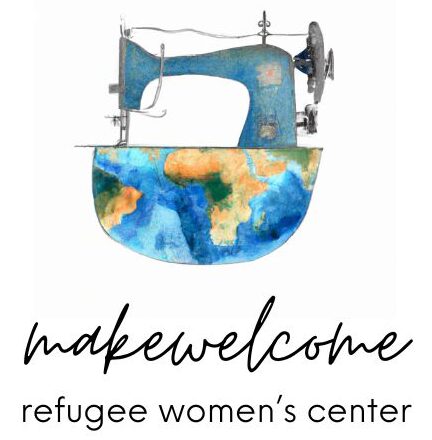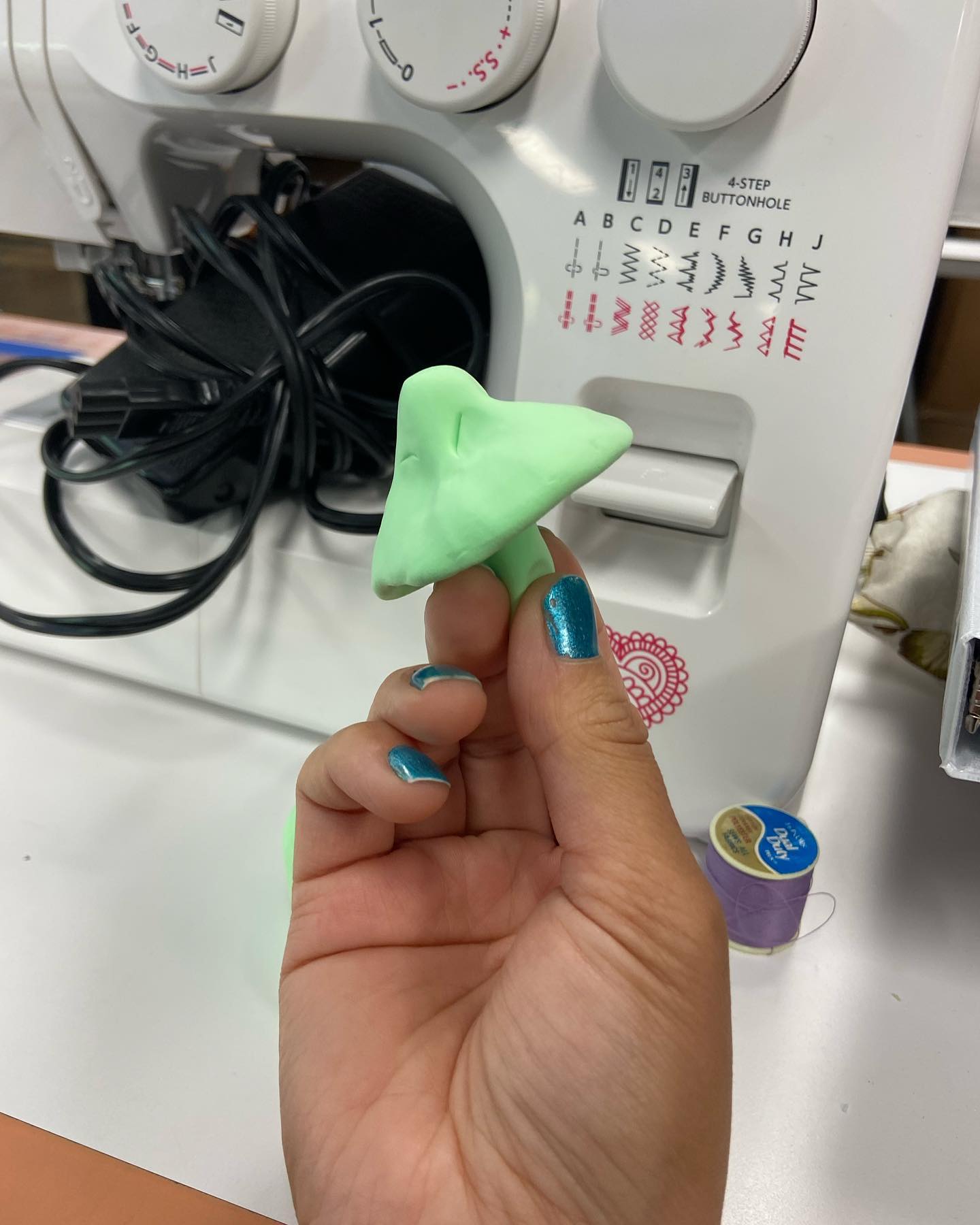Women arrive, with little ones in tow. They pause shyly before tables where American volunteers sit. “Sit here, sit here!” the volunteer encourages them. On the table are English conversation games and culture sharing ideas. Women talk, hesitatingly at first, and then more and more as they grow comfortable. Weather. Winter. Friendship. Beauty standards. The topics vary, but the connection is the same as Americans and Refugees from around the world share their thoughts and ideas. A short time of training on a new craft is held, then the tables turn into a hub of creativity as women make stuffed pumpkins, winter decorations, clay jewelry, candleholders. Each time is different, and yet the same. A rich gathering that helps women connect across culture, across differences, across languages.
Craft and Conversation events grew out of the realization that women need more than just classes – they need times of connection as well.






Craft and English conversation groups play such a significant role in building community for refugee women that these groups are a key feature of our Make Welcome Refugee Women’s Center programming. Our goal is to provide women with spaces to connect, share, and support one another in ways that go beyond traditional support services. Why do we love them so?
- These groups provide relaxed, supportive setting where refugee women feel safe to express themselves, make friends, and build confidence. The casual nature of these activities often helps women open up without the formalities or pressures of traditional class. It’s a “mistake-free” zone.
- The opportunity to practice English with Americans BEYOND their regular teachers help refugee women increase their comfort and proficiency.
- Again and again we here, “Teacher, I must get out of my house! I am going crazy!” Refugee women, particularly those with family and childcare responsibilities, may experience significant isolation. These groups offer a regular opportunity to connect, have fun, meet new friends, and feel a part of the broader community. By engaging in shared activities, refugee women can form friendships that extend outside the group, helping them integrate more fully into society.


